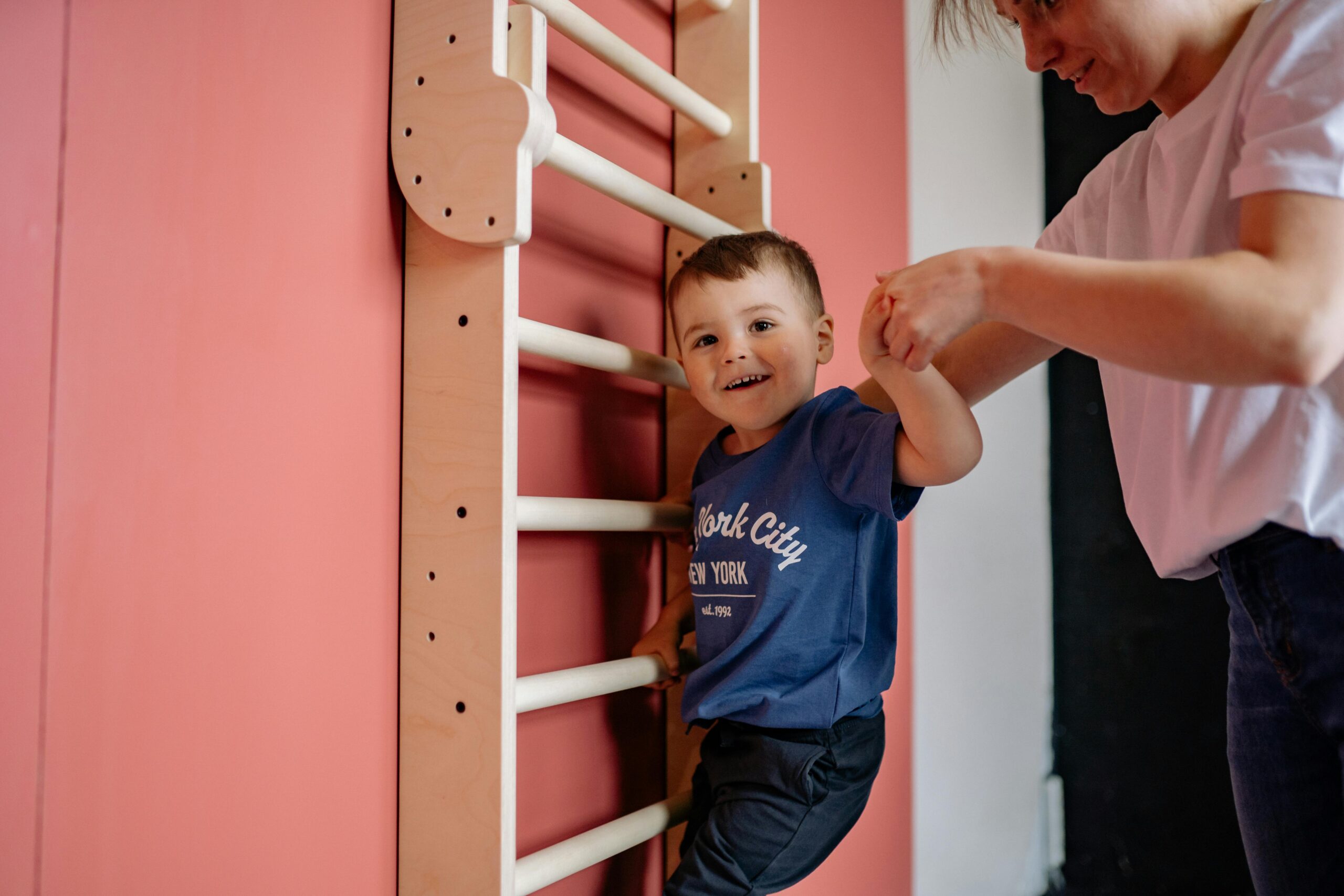Pediatric Physiotherapy: Helping Children Grow Strong, Active, and Confident
Every child deserves the chance to move, play, and explore the world around them without limitations. However, some children face challenges in their motor development due to injury, illness, or developmental conditions.
Pediatric Physiotherapy is a specialized branch of physiotherapy focused on helping infants, children, and adolescents achieve their highest level of physical function, independence, and participation in daily activities.
What Is Pediatric Physiotherapy?
Pediatric physiotherapy addresses a wide range of conditions that affect movement and physical development, such as:
- Developmental delays
- Cerebral palsy
- Muscular dystrophy
- Spina bifida
- Post-surgical rehabilitation
- Sports injuries in children
- Orthopedic conditions (e.g., scoliosis, clubfoot)
The treatment approach is adapted to a child’s age, abilities, and personality, making therapy both effective and engaging.
Key Benefits for Children
- Improved Motor Skills
Therapy helps children develop better balance, coordination, and strength. - Faster Recovery from Injuries
Personalized rehabilitation supports safe healing and prevents future injuries. - Enhanced Independence
Children gain the ability to participate more fully in school, sports, and daily life. - Boosted Confidence
Achieving new movement milestones builds self-esteem and encourages active participation. - Better Long-Term Health
Early intervention can prevent secondary problems and promote healthy growth.
What Happens in a Pediatric Physiotherapy Session?
A typical session may include:
- Initial assessment of the child’s movement, strength, and flexibility
- Play-based exercises to make therapy fun and motivating
- Family education so parents can support progress at home
- Regular progress tracking to adapt the program as the child grows
How Parents Can Support Therapy at Home
Parents play a key role in helping children continue progress outside the clinic. Here are some practical tips:
- Encourage daily active play such as climbing, jumping, or running
- Practice therapist-recommended exercises in a fun and playful way
- Create a safe environment to prevent falls and injuries
- Offer positive reinforcement to keep your child motivated
Remember: Consistency and encouragement at home can make therapy results last a lifetime.
Final Thoughts
Pediatric physiotherapy is more than just treatment — it’s a partnership between therapist, child, and family to ensure every child has the opportunity to reach their full potential.
If your child is facing physical challenges, early physiotherapy can make a lasting difference in their health, confidence, and happiness.

